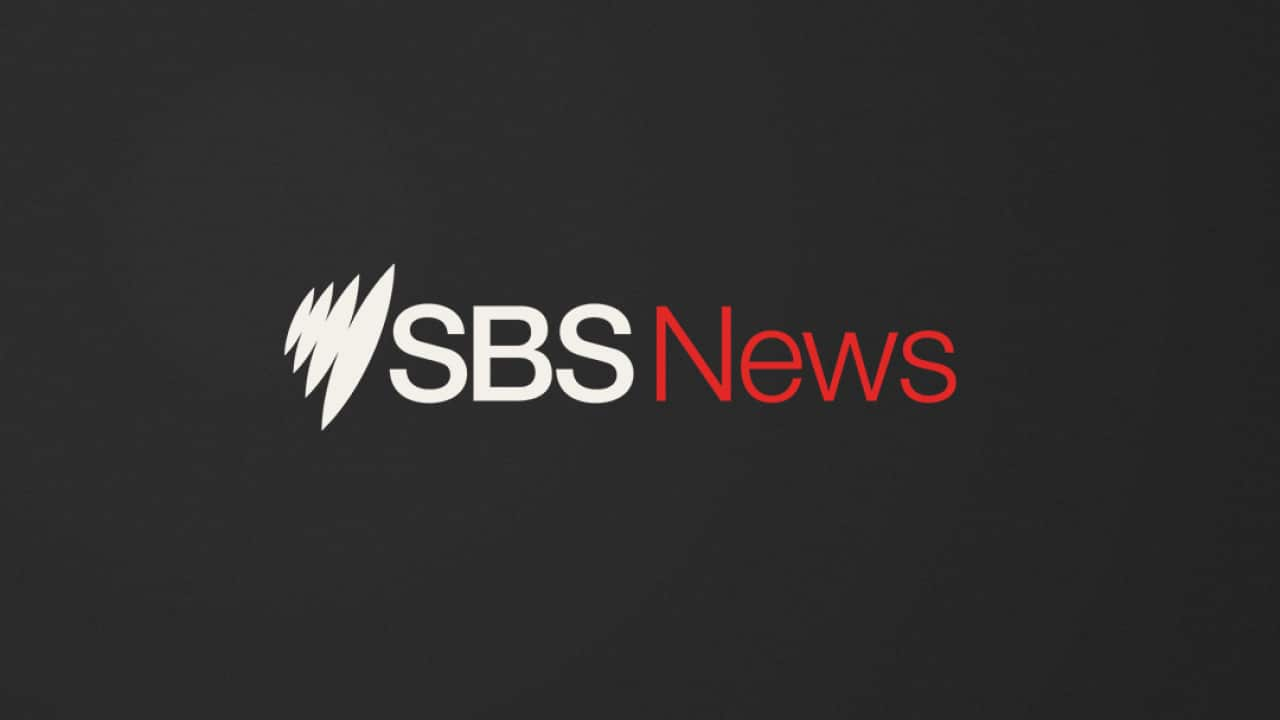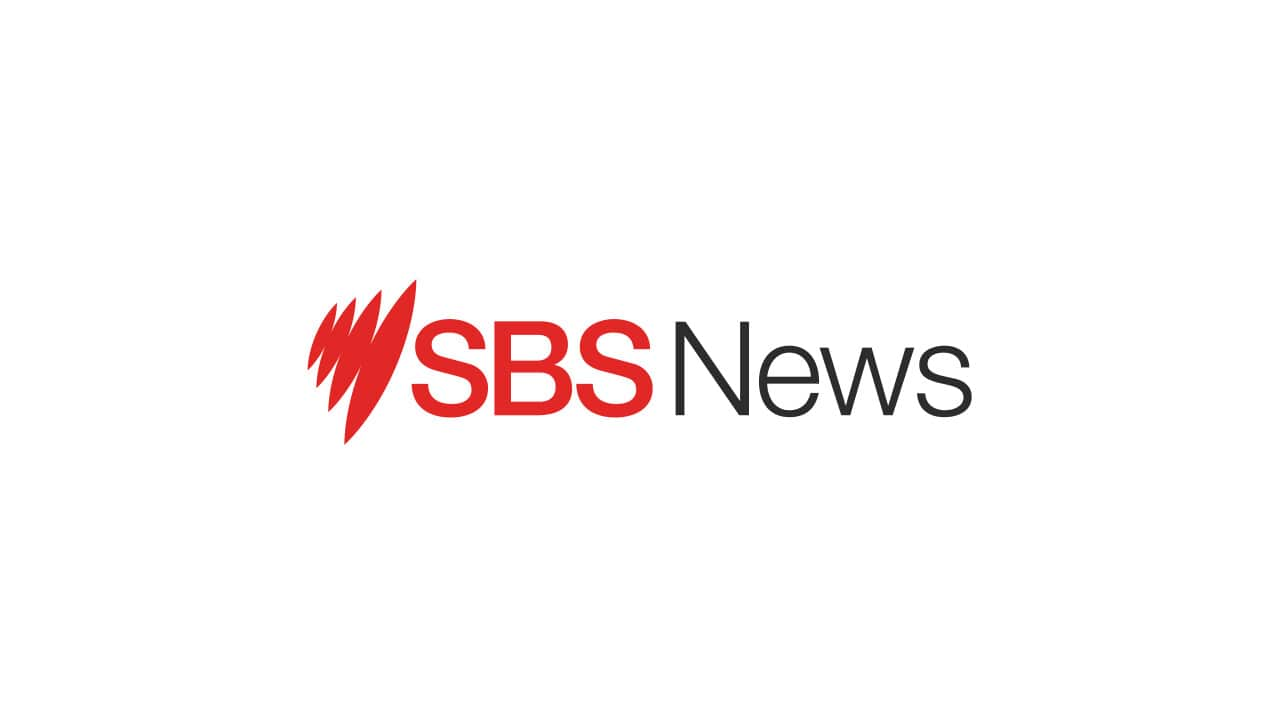TRANSCRIPT
Donald Trump’s decision to ease tariffs for most countries won’t directly affect Australia, but may open the door to further talks with the U-S.
The U-S president has lowered tariffs to 10 per cent for many nations for 90 days, while sharply increasing the rate on Chinese imports to 125 per cent.
Australia's tariff rate remains unchanged at 10 per cent, as set during the first week of the federal election campaign.
Asked if the move would impact Australia, Deputy Prime Minister Richard Marles tells Channel Nine, it would not.
“No, and nor does our policy. ... We would prefer there were no tariffs between Australia and the United States, and we’ll continue to make that case, but we're also going to build our own economic resilience and look for other markets, which is what we have been doing and that will be our focus."
China and the European Union have imposed new tariffs on US goods in response to steep tariffs introduced by President Donald Trump.
China raised its tariffs on U-S imports from 34 per cent to 84 per cent, shortly after the US slapped 104 per cent duties on Chinese products.
The EU followed suit, announcing 25 per cent tariffs on a range of U-S imports as part of its initial countermeasures.
More schoolchildren will be able to visit the Great Barrier Reef under a new $10 million Labor pledge, as Prime Minister Anthony Albanese takes his campaign to one of Australia’s most popular natural landmarks.
Of the total funding, $6 million will go towards subsidising school excursions to the UNESCO World Heritage site.
"The Great Barrier Reef is a magnet for the world, and in order for it to be a magnet for the world who want to see a pristine environment, we need to be able to show that we're behaving responsibly and sustainably, and that is what we are doing. this reef programme that we're announcing today will provide six million dollars for Kids For the Reef, for young people who wouldn't get the opportunity otherwise, to see the reef first hand."
The United Nations says the Israeli military has blocked more than two-thirds of 170 humanitarian aid missions in Gaza since the ceasefire ended.
Israel has said it won't allow the entry of any goods and supplies into Gaza until Hamas releases all the remaining hostages.
UN spokesman Stéphane Dujarric says the denials are preventing the U-N from carrying out critical lifesaving work.
"As we have warned repeatedly, there is no safe place in Gaza. And we've, as we've repeatedly said, civilians must be protected, whether they stay, whether they leave. Those fleeing the fighting must be allowed to do so safely, and they must be allowed to voluntarily return when the situation allows."
Despite the worsening conditions, Mr Dujarric says aid partners have resumed services in northern Gaza, providing urgent case management, psychological first aid, and support for traumatised communities.
Adelaide and Geelong will play at the Adelaide Oval tonight.
The Crows, aiming for their first finals appearance since 2017, come off a narrow one-point loss to the Suns, following three strong wins.
Geelong will bring trademark discipline into a match that could reveal just how far Adelaide have come this season.









